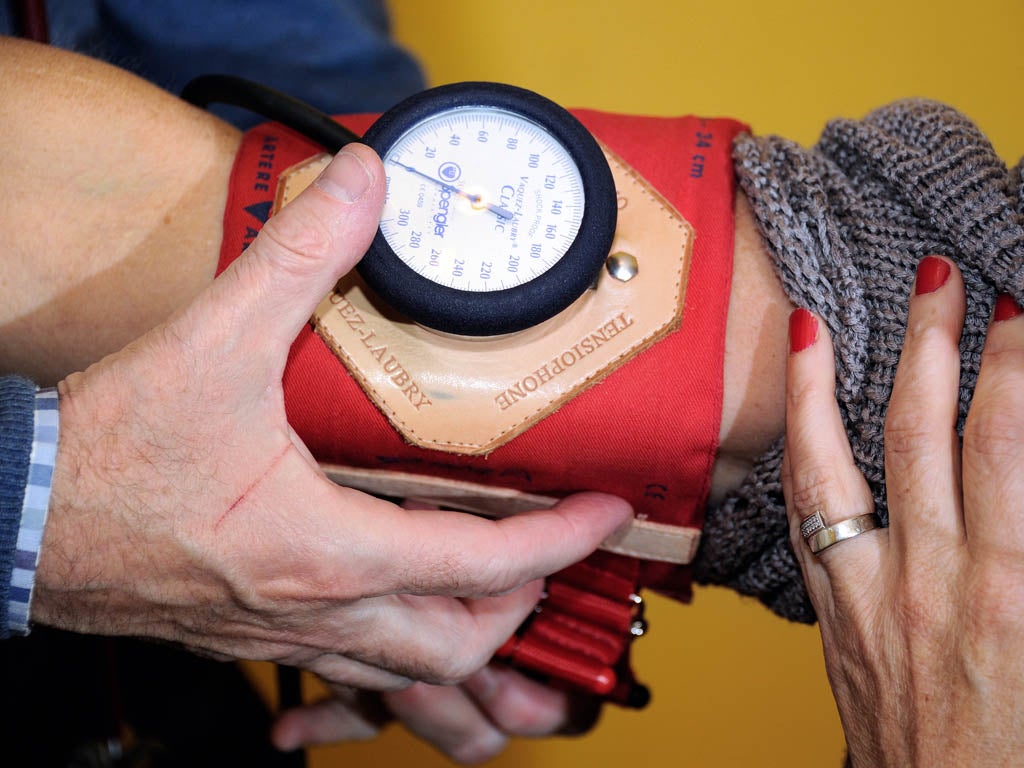Bother the doctor? Yes, and do it quick
Taking control of your illness is important. You will have Done Something

The stiff upper lip. Those under the age of 20 and those not born or raised in Blighty might be forgiven for thinking this term refers either to someone who has had too many cosmetic filler injections in their mouth, or those afflicted with a variant of Bell’s palsy. It refers, in this instance, to the condition which causes survival rates for cancer in the UK to remain low, in contrast with comparable countries.
In a survey conducted by King’s and University Colleges in London, British patients expressed reluctance to visit a doctor, either through embarrassment or not wanting to waste a GP’s time. And as everybody knows (even those who are sitting at home, tumour-stricken, with their fingers in their ears singing la-la-la), a delayed diagnosis is likely to have an adverse effect on the outcome.
I don’t mean to bitch up cancer sufferers – it’s worth remembering that many tumours grow silently and without symptoms. But something (vision, appetite, energy) may well feel a bit… off. That’s when to book an appointment. Doctors aren’t perfect. They may not leap into action, but positivity and taking control of your illness are important. You will have Done Something.
Of the 20,000 participants in the survey, a third were worried about bothering their doctor. Do they not buy food, for fear of inconveniencing the checkout staff? Or walk everywhere, in case the bus driver is made late by, you know, stopping all the time? Thought not. And as for embarrassing, take it from me that having one breast is a darned sight more awkward on the beach than having a small scar on an otherwise serviceable pair.
Forgive the bluntness: cancer will do that to you. But the biggest problem all this stiff upper lip attitude presents is a legacy of belief that silence equals fortitude. It does not. There are already woeful numbers for teenage cancer patients speaking up and being listened to; 61 per cent believe they could have received an earlier diagnosis. If younger generations see their parents soldier on despite lumps, aches, weakness, it deters them from considering their health worries worthy of attention. (I feel a twinge of guilt myself, having instructed children to shape up and ship out to school when they complain of a tummy ache or feeling weak.)
The 50-and-above age range of the survey tells its own story, because it is – sweeping generalisation alert – this generation that reveres the medical profession. I met a woman at a cancer support group, perhaps 15 years older than me, who said she had left the lump in her breast until it became red, hard and hot before she sought medical advice. She didn’t want to make a fuss. I sometimes wonder where she is now, four years on.
Twitter: @lisamarkwell

Join our commenting forum
Join thought-provoking conversations, follow other Independent readers and see their replies